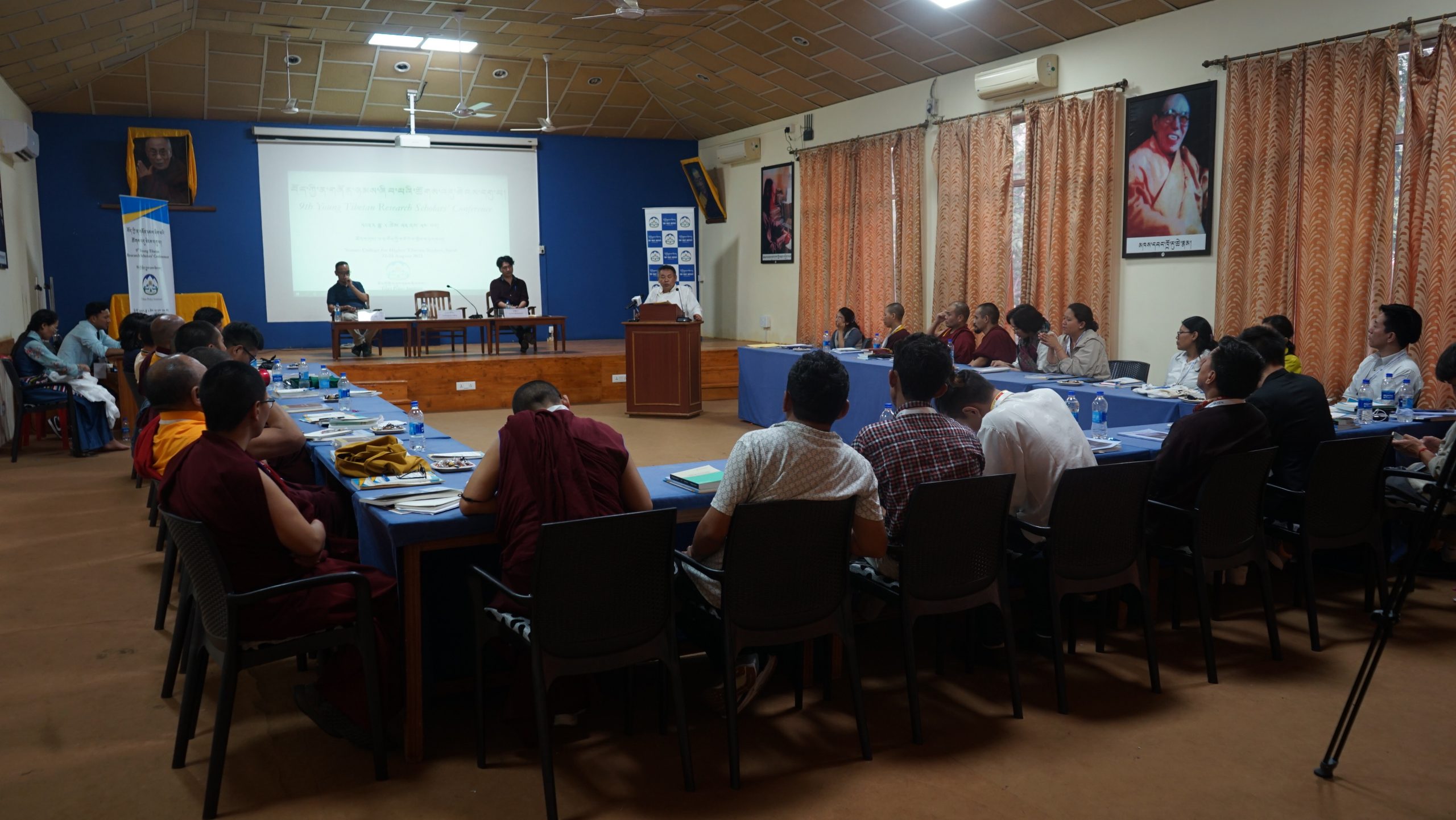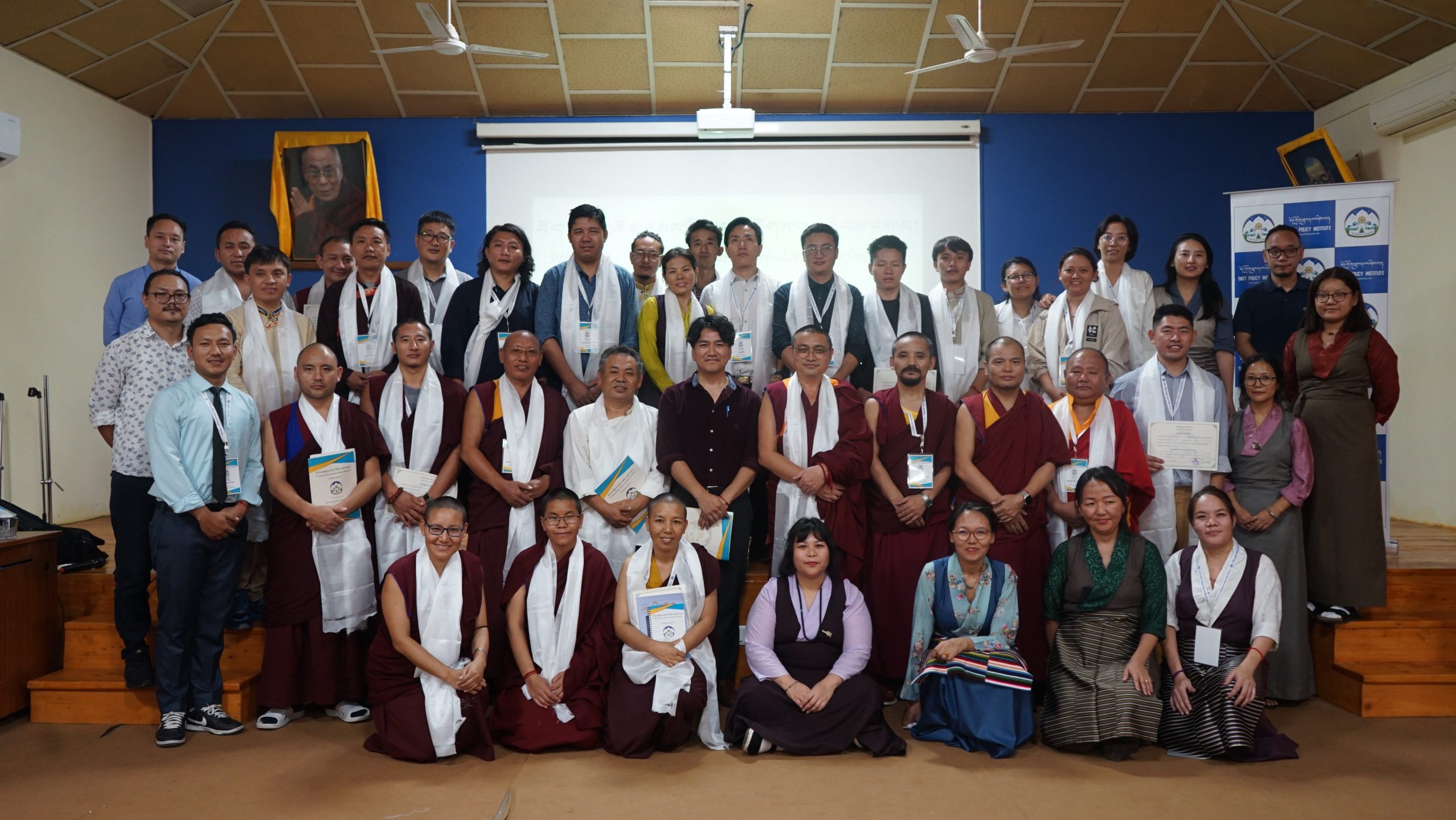Education, knowledge production, and creating narratives have always played a prominent role in Communist China’s methods of ruling, controlling, and changing Tibet. The recently held 7th Beijing International Seminar on Tibetan Studies titled, Prosperity and Development of Tibetan Studies and the Opening-up of Tibet showcased the contradictory nature of academic knowledge intended for the use of propaganda. However, the 9th Young Tibetan Research Scholars’ Conference organized by the Tibet Policy Institute from 22 – 24 August 2023 was a meeting of Tibetan scholars and researchers who had and continue to work on Tibetan studies. The most significant difference is that one intends to use it as a tool and means to achieve power and the latter intends to contribute to the ever-expanding knowledge on Tibet. With the purpose of creating knowledge, the Tibet Policy Institute organized the Young Tibetan Research Scholars’ Conferences that served as an engaging platform with the purpose of bringing Tibet into a sharper focus and not just a counter propaganda but one that stands true in the meaning and purpose of knowledge.
The three-day conference organized by the Tibet Policy Institute was held at the Sarah College for Higher Tibetan Studies, Dharamsala from 22to 24 August 2023. The Conference brought together young Tibetan research scholars from various backgrounds to present their scholarship on Tibet, its history, and culture. The event began with an inaugural address by Khenpo Sonam Tenphel, the Speaker of the Tibetan Parliament-in-Exile, who spoke of the global significance of Tibet. He stressed the importance of producing quality and productive research that will help elevate Tibet’s cause. He nevertheless, raised the historical authenticity of Tibet being an independent country as a fact and that research should showcase this historical fact. The Special Guest for the conference, the Secretary of the Department of Information and International Relations, Karma Choeying highlighted the importance of researchers to closely follow the changes within the Chinese political system and their impact inside Tibet. He further emphasized the need to broaden our scholarship and make one’s research findings available in multiple languages to broaden readership.
The Conference included the participation of 30 established Tibetan scholars on Tibetan studies. The speakers presented their research on a range of issues from history to politics, language, culture, archival documents, religious tradition, Tibetan traditions and customs practiced in the Himalayan region, literature, folk tales, and many other topics. The variety of research the speakers presented at the Conference showcased that the subject is interdisciplinary in nature and a multi-disciplinary subject that is Tibetan studies. The success of the Conference was highlighted by the active participation of the speakers but also as a medium for the latter to receive valuable feedback on their research.
The Conference is a starting point for various other events and programs that must, should, and will highlight the importance of Tibetan narratives, bringing Tibet into a much sharper focus by encouraging Tibetan perspectives on Tibetan issues by Tibetan scholars. It is also with great delight to share that a lengthier and more comprehensive article on the topics presented at the Conference will be published in the Tibet Policy Journal

